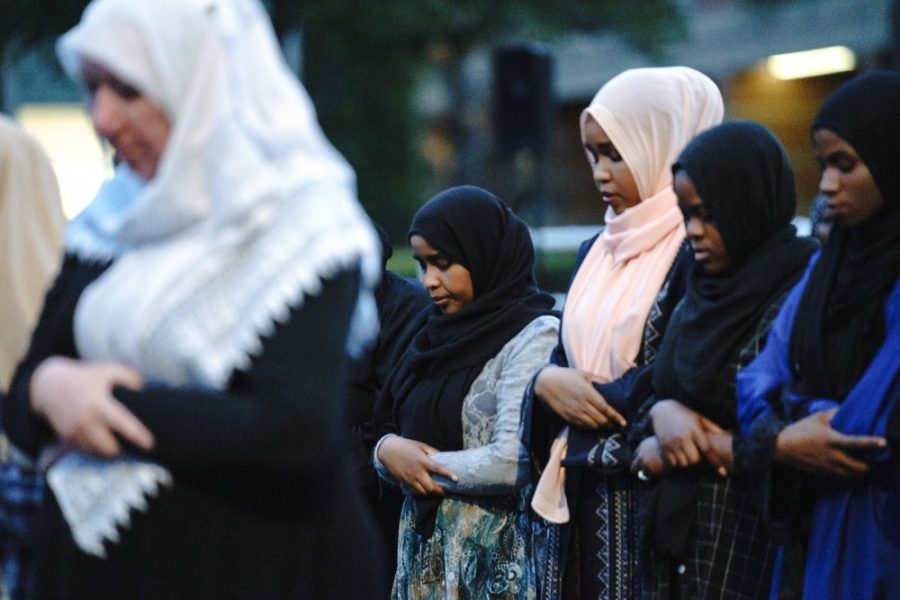College relationships — the ultimate search for “”the one”” — become more complex as the four-plus years go on. What starts off as accepting an invitation to dinner, coffee or ice cream often times, leads to a full-blown relationship. The affair starts off pretty typical: hanging with the crew, leaving clothes at the boo’s place, becoming Facebook official and then dinner at Wilko arrives and the ultimate roadblock is reached: the conversation about religion.
Obviously, it is something that will inevitably be addressed between two people who were originally headed in the direction of commitment, prior to this conversation.
Why is it that society looks down on interreligious romance? Not only is it culturally enriching but it also brings people together. I don’t see nothin’ wrong with a little religious bump and grind.
Raised in the Catholic Church, never missing a Sunday school, I deeply appreciate the devotion to religious culture. However, the religious restrictions on romance in our society kill me. It is not fair to lay down the law in love.
Common arguments involving texting mysterious members of the opposite sex, whereabouts of the girlfriend/boyfriend and whose friend group the couple will pre-gaming with for the Star Pass Pool Party are easy to solve through breaking and making up. But what happens when the argument leads to Easter versus Passover, whether or not there is an actual god or how the Mormon and Catholic couple will break the news to their families? Conflict will inevitably occur.
I do not have the authority to claim that UA students are mature enough to handle interreligious relationships, but they deserve more than the average homo-religious relationship.
The boyfriend and girlfriend who spend their days frolicking in the fields of the same religion have a bond based on trust, chemistry and respect. The interreligious boyfriend and girlfriend have the same bond with additional courage, effort and a hint of a DGAF attitude.
It takes a brave person to defy the laws of romance. Becoming intertwined in the other family is already difficult, but entering a dining room filled with a bunch of people staring at you like you are the Antichrist, with religious symbols you disagree with hung throughout the house, can be a bit rough.
The DGAF attitude is self-explanatory. If you have the balls to define the societal norms and date someone who is of a different religion or race, you are already a badass. The Washington Post reported in 2010 that less than 25 percent of 18 to 23-year-old respondents to a National Study of Youth and Religion survey think it is important to marry someone of the same faith. This response was not due to our youthful ignorance but because interreligious relationships are this generation’s Romeo and Juliet. We can thank Shakespeare for setting the stage for a romantically controversial future.
The extra effort in an interreligious relationship is essential to learning the “”weird”” hymns your significant other sings on holy days or when it’s a bad time to cook a steak dinner. Relationships, unfortunately, require a lot of energy from both sides to understand the person whose heart, soul and bed you are sharing. Being in an interreligious relationship requires you to dig into the deeper, spiritual topics.
— Caroline Nachazel is a sophomore studying communication and journalism. She can be reached at letters@wildcat.arizona.edu.








